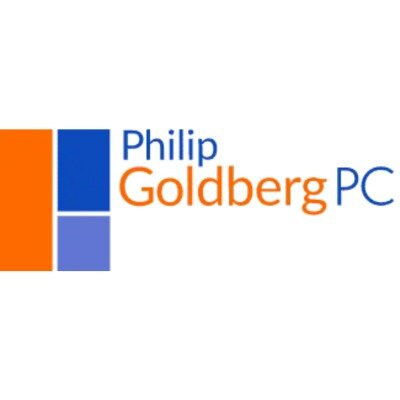Best Collaborative Law Lawyers in Denver
Share your needs with us, get contacted by law firms.
Free. Takes 2 min.
Free Guide to Hiring a Family Lawyer
List of the best lawyers in Denver, United States
About Collaborative Law in Denver, United States:
Collaborative Law in Denver is a process where parties work together with their attorneys in a cooperative and transparent manner to reach a mutually satisfactory agreement without going to court. This approach can save time, money, and reduce the stress typically associated with traditional litigation.
Why You May Need a Lawyer:
You may need a lawyer in Collaborative Law for various reasons, such as negotiating complex financial agreements, addressing child custody and support issues, ensuring legal documents are properly drafted, and protecting your rights throughout the process.
Local Laws Overview:
In Denver, collaborative law is governed by state laws and rules that outline the specific procedures and requirements for this type of dispute resolution. It is crucial to have a lawyer who is well-versed in Colorado's collaborative law statutes to navigate the process effectively.
Frequently Asked Questions:
1. What is the difference between collaborative law and mediation?
Collaborative law involves each party having their attorney present during negotiations, while mediation typically involves a neutral third party facilitating the discussions. Both processes aim to reach a mutually beneficial agreement, but the dynamics differ.
2. How long does a collaborative law process typically take?
The length of a collaborative law case varies depending on the complexity of the issues involved and the willingness of both parties to cooperate. On average, it can take several months to reach a settlement.
3. Can I still go to court if collaborative law fails to produce an agreement?
If the collaborative law process fails to reach a resolution, both parties must hire new attorneys to litigate the case in court. The collaborative attorneys are disqualified from representing their clients in court proceedings.
4. How are child custody and support determined in collaborative law?
Child custody and support are negotiated between the parties with the assistance of their attorneys. The best interests of the child are the primary consideration, and the final agreement must be approved by the court.
5. What are the advantages of collaborative law over traditional litigation?
Some advantages of collaborative law include greater control over the outcome, reduced costs, faster resolution, and a more amicable process that can preserve relationships, especially important in cases involving children.
6. Do both parties need to agree to use collaborative law?
Yes, both parties must agree to use the collaborative law process. If one party is not willing to participate, collaborative law may not be an option, and traditional litigation may be necessary.
7. Is collaborative law confidential?
Yes, collaborative law discussions and negotiations are confidential. This allows parties to speak freely and openly without fear of their statements being used against them in court.
8. How are financial matters handled in collaborative law?
Financial matters, such as asset division, alimony, and property settlements, are addressed through negotiation and compromise. Both parties must disclose all relevant financial information to reach a fair agreement.
9. Can I use collaborative law for business disputes?
Yes, collaborative law can be used to resolve various civil disputes, including business disputes, as long as both parties are willing to negotiate in good faith and commit to reaching a mutually acceptable solution.
10. How do I find a collaborative law attorney in Denver?
You can search for collaborative law attorneys in Denver through legal directories, bar associations, or referrals from other professionals. Look for attorneys with experience in collaborative law and a track record of successful outcomes.
Additional Resources:
If you are seeking more information or support in collaborative law, you may consider reaching out to the Colorado Collaborative Law Professionals (CCLP) or the Denver Bar Association for guidance and assistance.
Next Steps:
If you are considering collaborative law or need legal advice in Denver, contact a collaborative law attorney to discuss your options and determine the best course of action for your specific situation. Be prepared to engage in open and honest communication to work towards a successful resolution through the collaborative process.
Lawzana helps you find the best lawyers and law firms in Denver through a curated and pre-screened list of qualified legal professionals. Our platform offers rankings and detailed profiles of attorneys and law firms, allowing you to compare based on practice areas, including Collaborative Law, experience, and client feedback.
Each profile includes a description of the firm's areas of practice, client reviews, team members and partners, year of establishment, spoken languages, office locations, contact information, social media presence, and any published articles or resources. Most firms on our platform speak English and are experienced in both local and international legal matters.
Get a quote from top-rated law firms in Denver, United States — quickly, securely, and without unnecessary hassle.
Disclaimer:
The information provided on this page is for general informational purposes only and does not constitute legal advice. While we strive to ensure the accuracy and relevance of the content, legal information may change over time, and interpretations of the law can vary. You should always consult with a qualified legal professional for advice specific to your situation.
We disclaim all liability for actions taken or not taken based on the content of this page. If you believe any information is incorrect or outdated, please contact us, and we will review and update it where appropriate.








